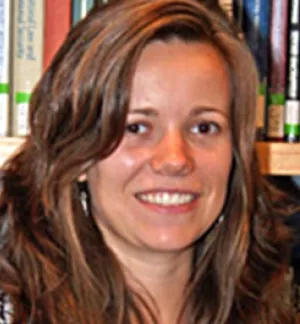CAMBRIDGE- On Monday October 5th, at the Harvard Kennedy School, Palestine Monetary Authority Governor Dr. Jihad Al Wazir spoke to students, faculty and members of the community at a luncheon sponsored by the Middle East Initiative
Since 2008, Dr. Jihad Al Wazir has led the Palestine Monetary Authority, or PMA, which was formed in 1995 as part of the Oslo agreements to act as the Palestinian central bank in the West Bank and Gaza. It was decided in the Paris Protocols that the PMA would not be able to issue its own currency or set interest rates so it has, instead, focused on financial stability through bank regulation, liquidity management, setting reserve requirements and strictly enforcing anti-money laundering policies.
Once recognized as having one of the most difficult jobs on earth, Dr. Al Wazir described the challenges of regulating and supervising 210 banks, in two territories, under occupation. "We operate in a territory with more than 365 military checkpoints," Al Wazir pointed out, and "the unpredictability of the occupation regime translates into restrictions on free movement of bank employees and movement of currency, both between branches and to and from Israel and Jordan." The situation is further complicated by occasional Israeli military incursions in the territories and the associated challenges of Hamas serving as the de facto governing body in Gaza.
Despite the environment in which it operates, in recent years the PMA has been able to function outside of politics. Al Wazir maintains a good relationship with the Israeli central bank, no matter the political climate. During the last Gaza War, the PMA was able to keep cash machines stocked so Gazans could still withdraw money during curfews. This was made possible by the immense efforts of the PMA to prove its credibility, which it has done primarily by increasing transparency and denying banking services to any member of the Hamas regime.
Given its conservative nature, its strong governance code and its economic development efforts (including the development of micro-lending institutions), the PMA has been able to ride out the global economic crisis and is emerging relatively unscathed. In fact, it boasts a 26% increase in credit extension.
The PMA has been working since 2006 to transform itself into a full-fledged Palestinian Central Bank. It is expected that they will be ready in the next year, Al Wazir said. If and when the Palestinians achieve statehood, the PMA will be prepared to make the transition.
Janka, Noelle. “Palestine Monetary Governor Visits Harvard Kennedy School.” October 5, 2010


